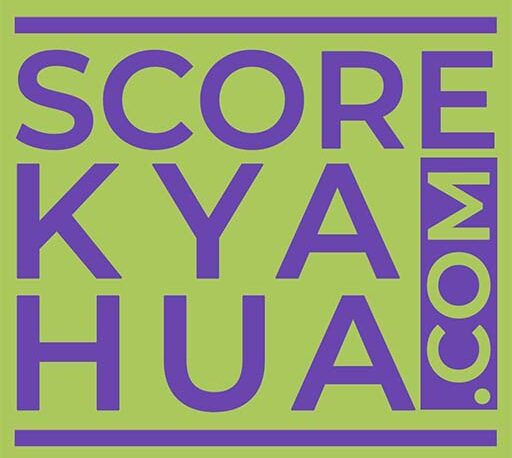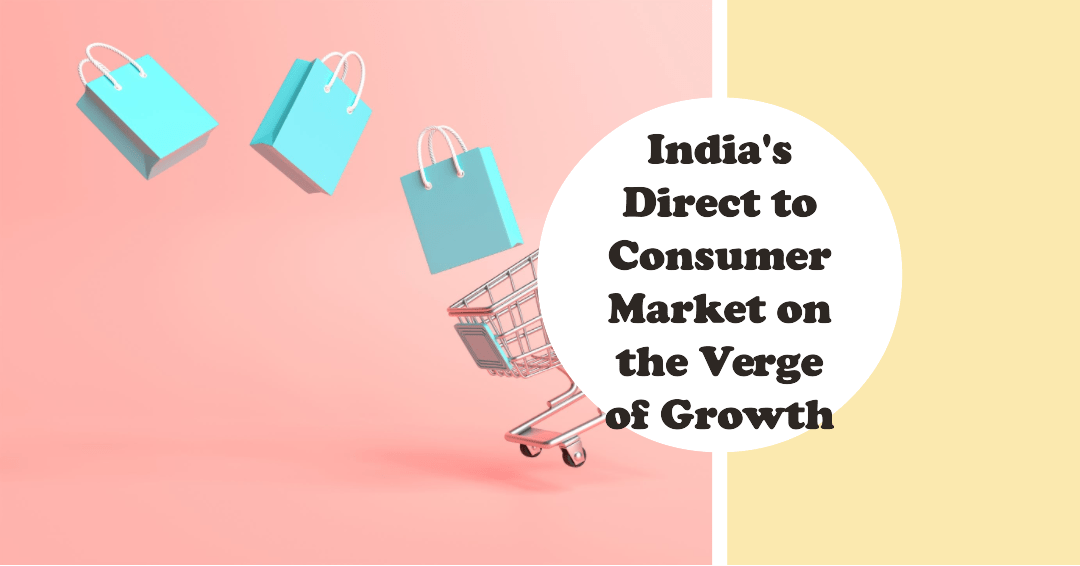Let’s discover the booming Direct-to-Consumer (D2C) market in India and explore whether it is poised for remarkable expansion. With a current value of approximately USD 12 billion in 2022 and projected to surpass USD 60 billion by 2027, the Indian D2C market is showing remarkable potential. Will this market experience explosive growth in the coming years? Let’s delve into the key factors shaping consumer behaviour, the top categories driving the market, and the strategies employed by brands to tap into this burgeoning landscape.
While exploring what’s new for D2C in India, I came across a recent report from KPMG and thought of creating a post. Download the comprehensive report from KPMG to delve deeper into the insights: DOWNLOAD NOW
The Rapidly Growing Indian D2C Market
According to a report published by KPMG, the Indian D2C market has experienced remarkable growth, reaching a value of approximately USD 12 billion in 2022. Projections indicate that it will surpass USD 60 billion by 2027, with a staggering compound annual growth rate (CAGR) of 40 percent. This exponential growth is driven by factors such as increased consumer touchpoints and the complexity of the decision-making process.
The Millennial Influence on the D2C Market
The KPMG report highlights that millennials form the largest consumer base in India, comprising 70 percent of the total sample size. These tech-savvy individuals are more likely to share their personal data in exchange for personalized engagement. Understanding their preferences and behavior is crucial for businesses looking to succeed in the D2C market.
Customization and Personalization: The New Marketing Approach
As highlighted in the KPMG report, consumers now demand greater customization and personalization in the goods and services they purchase. This shift in consumer behaviour renders traditional, generalized marketing strategies ineffective. Brands must adapt and tailor their offerings to meet individual customer needs and preferences.
Government Support and Technological Advancements
The KPMG report points out that the Indian government has been supportive of the Indian D2C market, providing funding and implementing policies to fuel the growth of digital e-commerce. This support, coupled with technological advancements, has created an environment conducive to market expansion and innovation.
The Impact of the Pandemic on the D2C Market
The KPMG report highlights that the pandemic has accelerated the convergence of offline and online shopping. Brands are integrating their sales channels to provide customers with a seamless shopping experience. Additionally, many D2C brands have embraced tech-enabled solutions to enhance supply chain and warehouse management processes.
Social Media Marketing and Influencer Collaborations
According to the KPMG report, social media marketing has proven to be an effective tool for D2C brands, especially in the fashion and personal care sectors. Brands can leverage their own portals or collaborate with influencers to market products more effectively. Voice-based shopping, social messaging services, and chatbots are also gaining traction.
Key Categories in the Indian D2C Market
The KPMG report identifies the top categories driving the D2C market in India as Hygiene and Personal Care, Beauty and Skin Care, and Healthy Snacks and Beverages. Each category has distinct consumer preferences and trends.
Beauty and Skin Care: A Focus on Root Causes and Makeup
As revealed in the KPMG report, consumers in the Beauty and Skin Care category prioritize eliminating the root causes of skin issues. Acne and acne removal are popular topics, reflecting a desire for long-term solutions. Face makeup is the most popular, followed by Nail and Eye topics. Users show particular interest in topics like eyebrows, facial masks, and foundation products.
Hygiene and Personal Care: Aligned with Health Consciousness
According to the KPMG report, the Hygiene and Personal Care market in India is driven by increasing consumer awareness and health consciousness. With a 22 percent share in the APAC region, India has witnessed significant growth in this sector. The market has seen a 26 percent increase in exports over four years.
Healthy Snacks and Beverages: Affordable and Nutritious Options
The KPMG report emphasizes that the Healthy Snacks and Beverages market fulfils the growing need for affordable and accessible nutrition. Green tea has gained popularity, with recommendations and discussions on Quora. Cereals and Oatmeal are considered convenient alternatives to full-fledged meals, with a developing market and growing interest among Quora users.
A Promising Future for D2C in India
With changing consumer preferences, increased funding, government support, and technological advancements, the D2C market in India is expected to continue its remarkable growth. To delve deeper into the insights provided by the KPMG report, you can download it here.

